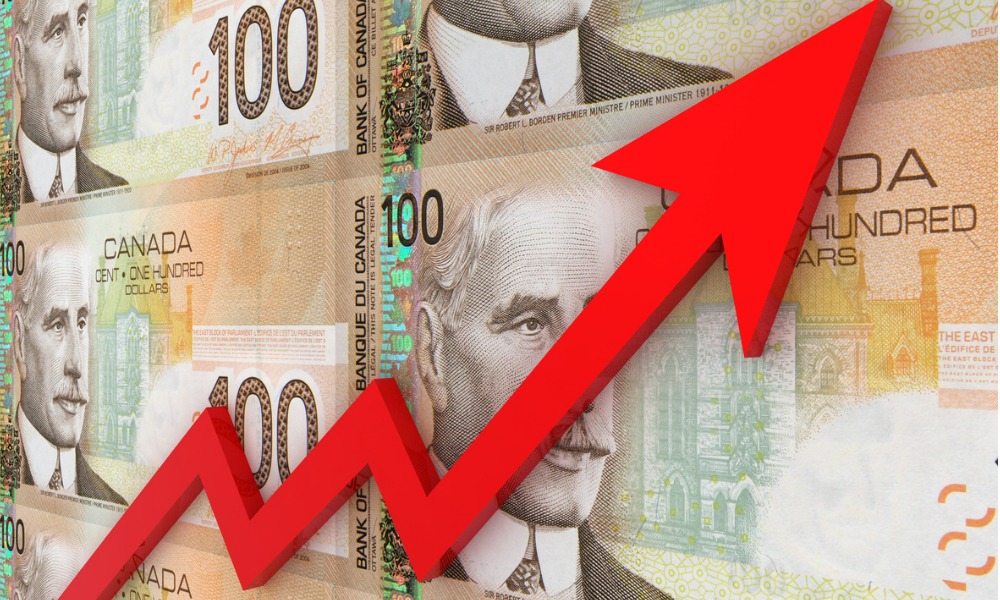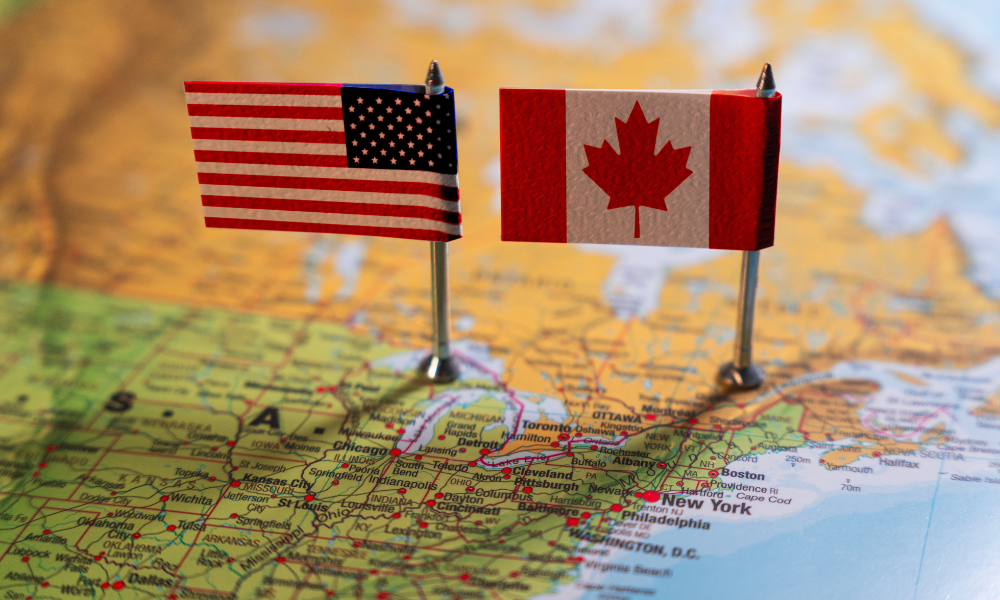'Now is not the time to raise taxes and drive more businesses into despair'

The Canadian Federation of Independent Business (CFIB) is pushing the federal government to hit the pause button on the upcoming 2023 increase in payroll taxes.
The group has sent a letter to Deputy Prime Minister Freeland, calling on the federal government to avoid burdening small businesses even further.
“Now is not the time to raise taxes and drive more businesses into despair," says Corinne Pohlmann, senior vice-president of national affairs at CFIB. “Give them a break.”
By Jan. 1 next year, Canada Pension Plan (CPP) premiums will rise by up to 7.3% due to an increase in both the CPP rate and the Yearly Maximum Pensionable Earnings (YMPE). This will cost workers and employers up to $255 more in contributions per employee, according to CFIB.
The maximum pensionable earnings under the Canada Pension Plan (CPP) for 2023 will be $66,600 – up from $64,900 in 2022, according to the federal government. The employee and employer contribution rates for 2023 will be 5.95% – up from 5.70% in 2022. The maximum employer and employee contribution to the plan for 2023 will be $3,754.45 each, up from $3,499.80 in 2022.
EI, MIE hikes
Also, by Jan. 1, 2023, Employment Insurance (EI) premiums for employers are set to increase by as much as 5.2% per employee.
The maximum insurable earnings (MIE) will also increase on Jan. 1 from $60,300 to $61,500. This means that an insured worker will pay EI premiums in 2023 on insured earnings up to $61,500.
The employee EI premium rate will be $1.63 per $100. This premium rate and the MIE increase means that insured workers will pay a maximum annual EI premium in 2023 of $1,002.45, compared with $952.74 in 2022.
Because of the increased MIE, beginning in January 2023, the maximum weekly EI benefit rate will increase from $638 to $650 per week. Claims established before the end of 2022 will not be affected by the 2023 MIE increase.
Together, the increases could cost business owners up to $325 more per employee – a 6.7% increase from 2022, according to CFIB.
"The hikes will also affect small businesses. With rising input costs, staggering labour shortages and a potential recession, the economy is already in a bad shape. At minimum, government should be pressing pause until inflation is under control, says Dan Kelly, president of CFIB.
Worse than the pandemic?
Few small employers can afford to raise wages to offset the increases, according to the group. Currently, 52% of small businesses across Canada have not returned to normal levels of revenue, and 58% are still carrying pandemic-related debt averaging over $114,000.
Tens of thousands of Canadian employers that received the Canada Emergency Wage Subsidy (CEWS) were ineligible for the government benefit, according to a recent report.
"Some businesses are saying what they face these days is as bad, if not worse than during the pandemic,” said Pohlmann. “"During the pandemic, the government froze EI premiums in 2021 and 2022. The same approach should be taken next year as well."




